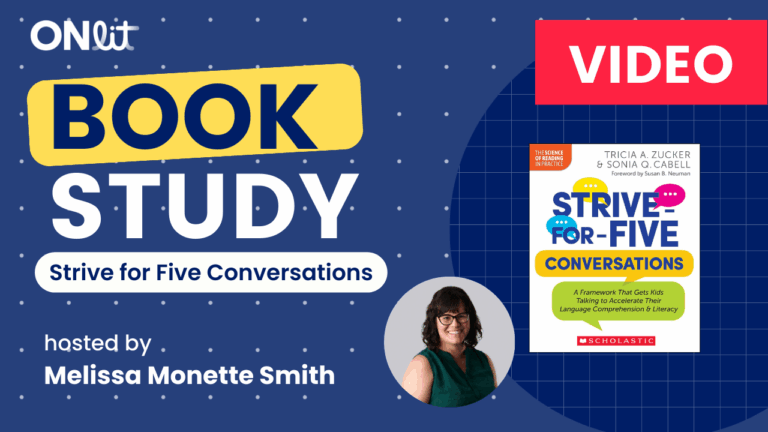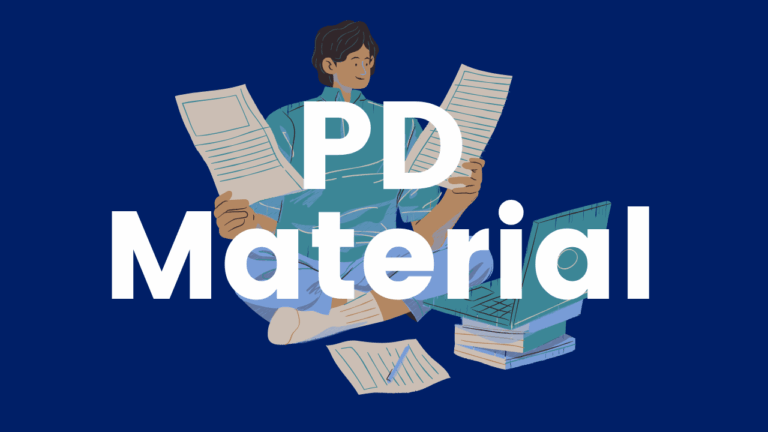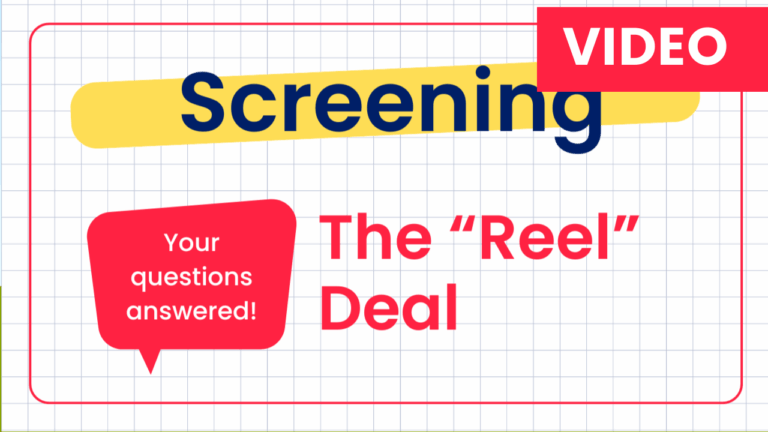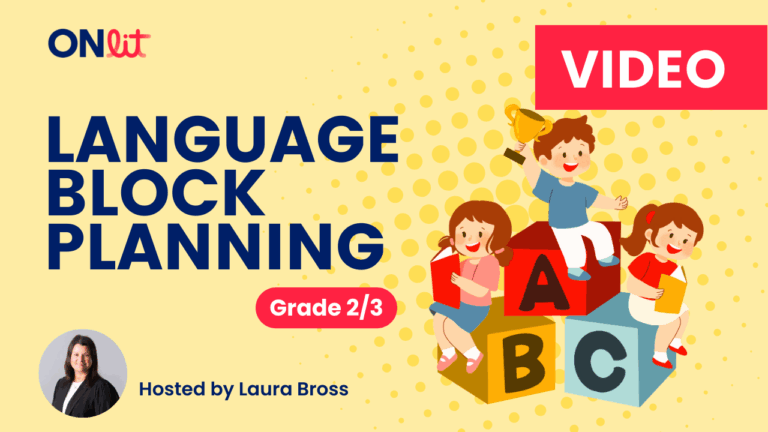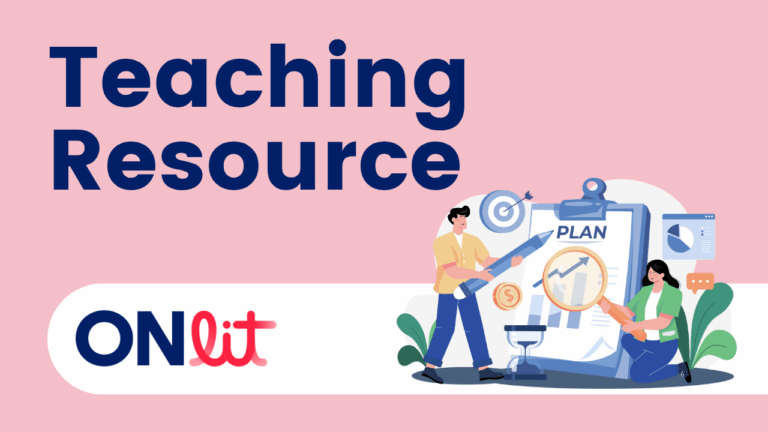The Cat, the Dog, the Pig, the Duck and the Nest
This is an engaging, fun storybook including five decodable stories which teach the five vowels, consonants, two digraphs and a few non-phonetic words. It is based on a structured literacy approach, and a note to caregivers at the front of the text explains how they can create flashcards to help new readers learn the vowels…


